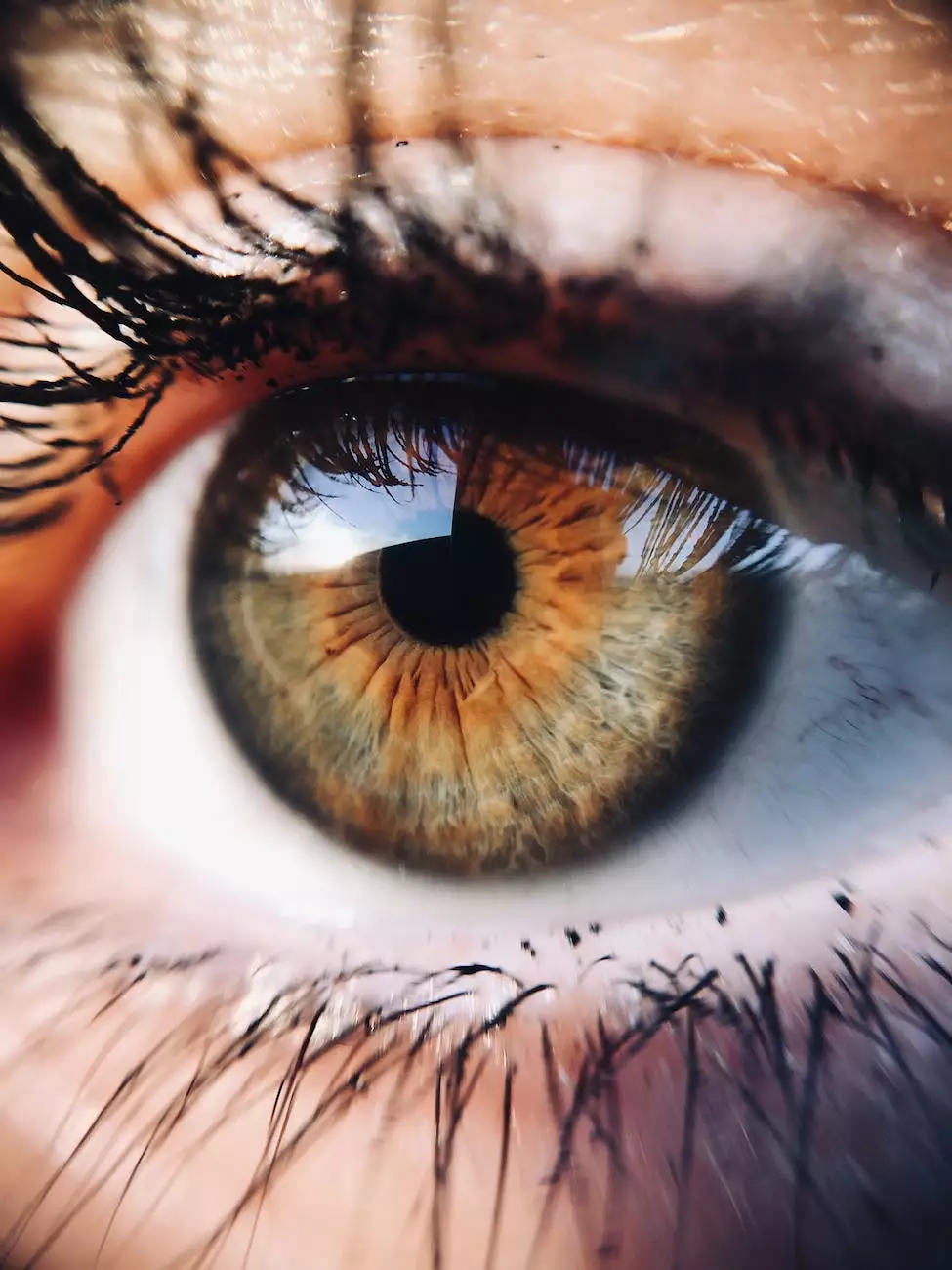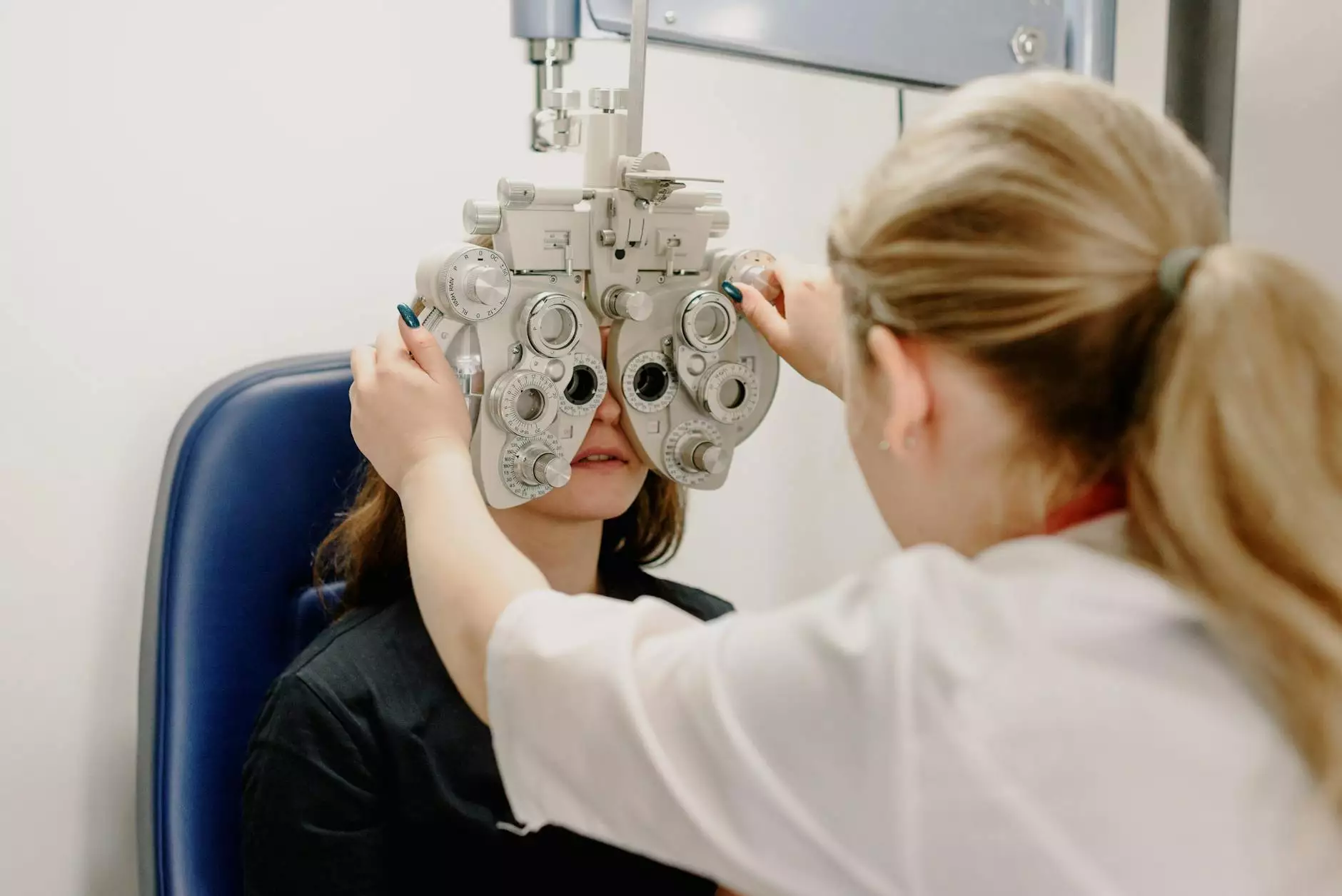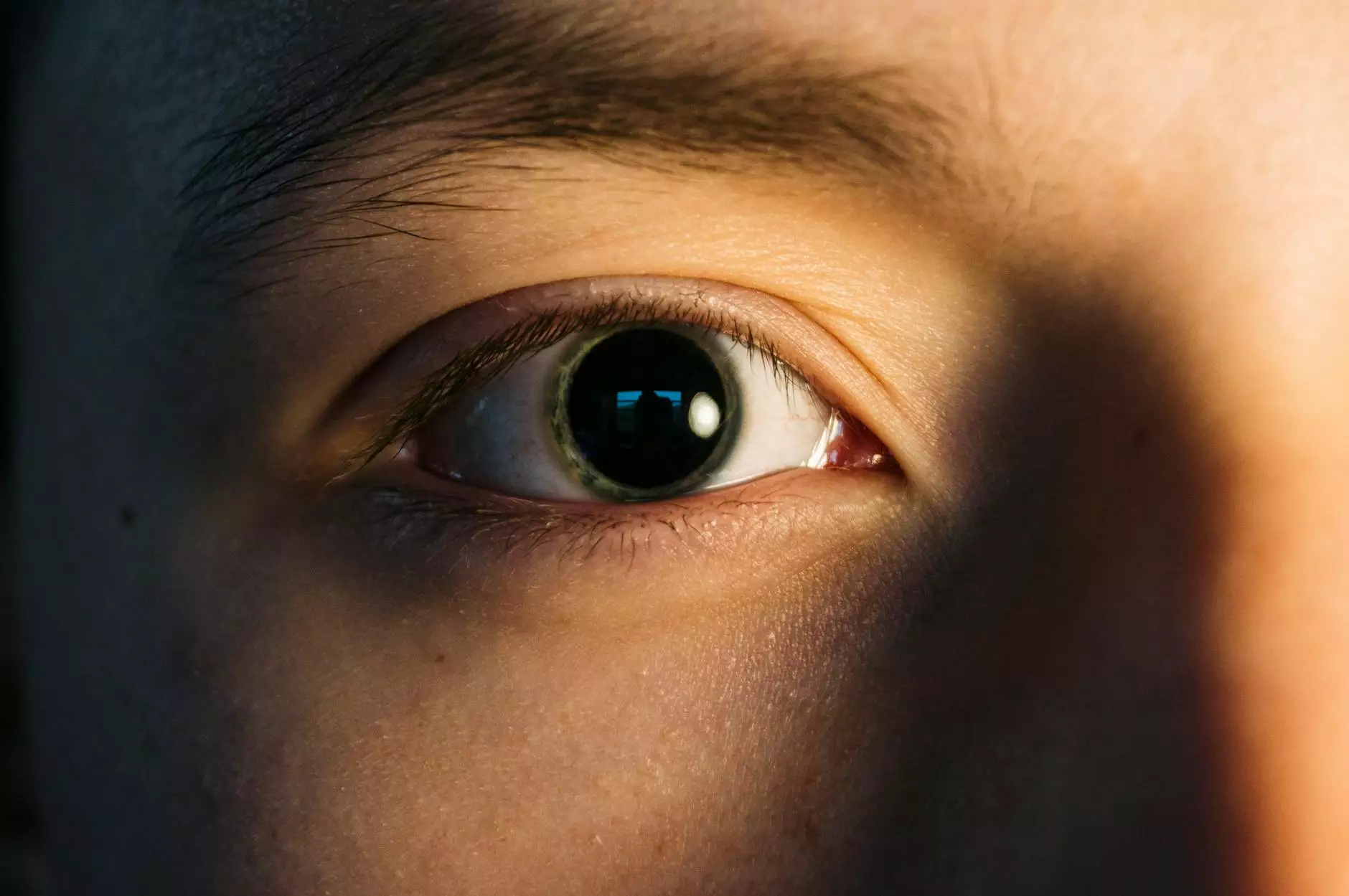Nystagmus: A Comprehensive Overview
Blog
Introduction
Welcome to our website, Baron Rick W Dr, a trusted optometrist in Chicago, Illinois, specializing in various eye conditions. Today, we would like to provide you with a comprehensive overview of nystagmus.
What is Nystagmus?
Nystagmus is a vision disorder characterized by involuntary and repetitive movements of the eyes. These movements can occur horizontally, vertically, or in a rotary manner. It can be present at birth (congenital nystagmus) or develop later in life (acquired nystagmus).
Symptoms
The main symptom of nystagmus is the uncontrollable movement of the eyes. This can result in reduced visual acuity, difficulty focusing, and challenges with depth perception. Individuals with nystagmus may also experience sensitivity to light and an inclination to tilt or turn their heads to mitigate the effects of the condition.
Causes
Nystagmus can be caused by various factors. Some cases are associated with underlying medical conditions, such as albinism, certain genetic disorders, or neurological diseases. In other cases, nystagmus may have no identifiable cause and is referred to as idiopathic nystagmus.
Diagnosis
Diagnosing nystagmus involves a comprehensive eye examination. An optometrist will evaluate the eye movements, visual acuity, and overall eye health. Additional tests, such as electroretinography, may be conducted to assess the function of the retina and determine if any underlying conditions are contributing to the nystagmus.
Treatment
While there is no cure for nystagmus, there are treatment options available to manage the condition and improve visual function. These may include:
- Prescription eyeglasses or contact lenses to correct refractive errors.
- Vision therapy exercises to improve eye coordination and control.
- Medications to address underlying conditions or alleviate symptoms.
- Surgical interventions in certain cases to correct abnormal eye muscle movements.
Lifestyle Tips
Individuals with nystagmus can also adopt certain lifestyle habits to cope with the condition and maximize visual comfort:
- Avoiding excessive consumption of alcohol and medications that can worsen nystagmus.
- Using appropriate lighting, such as dimming bright lights, to reduce discomfort.
- Positioning items of interest directly in front of you to optimize visual focus.
- Tilting or turning your head slightly to find a position that minimizes the effects of nystagmus.
Conclusion
In conclusion, nystagmus is a complex vision disorder characterized by involuntary eye movements. If you or a loved one experience symptoms of nystagmus, it is essential to seek professional help from an experienced optometrist. At Baron Rick W Dr in Chicago, Illinois, we specialize in diagnosing and managing various eye conditions, including nystagmus. Contact us today to schedule an appointment and receive the personalized care you deserve.




